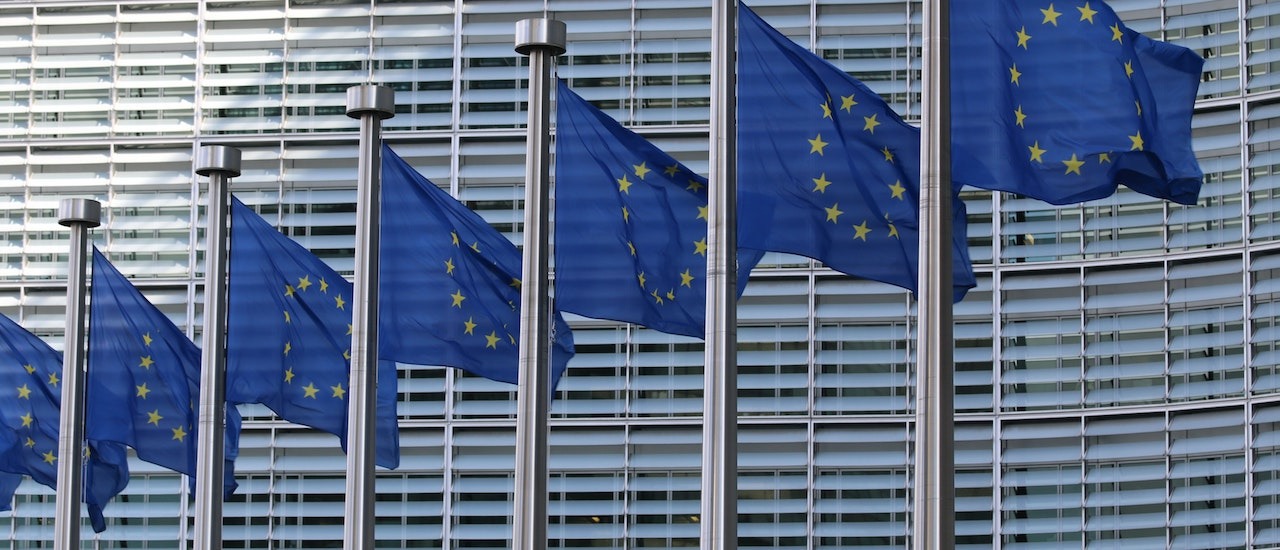On 6 December, 2022, the Internet Society organized a workshop in Brussels to discuss one of the hottest issues in the Internet governance sector. It’s the claim from the largest European telecom operators of unfair behavior by certain service and content providers that must be addressed via regulatory intervention.
This debate has captured attention from the European Commission. They’re analyzing policy options, including one of the most dangerous regulations, sender-party-pays, which leads to poorer user experience and may lead to Internet fragmentation. The current situation in South Korea, the only country that has enacted this regulation, is clear evidence of its harm, and European policymakers should take good note of it.
When setting up this workshop, we wanted to give the floor to voices who are often disregarded in this debate, yet critical stakeholders. Both the European Commission and the largest telecom operators tend to frame this as a discussion between them and content providers. This is a narrow approach, because the impacts of regulating Internet traffic go way beyond these two parties. They affect every European Internet user and every company in the Internet value chain, and they have a direct negative impact on citizens’ rights. Because of this, we organized a debate between the European Consumer Organisation (BEUC), i3D.net, which is a company that provides infrastructure for the gaming sector, and epicenter.works, a civil rights organization.
Before the debate, the Internet Society’s Olaf Kolkman, opened the session with a technical (but not too technical) description of how the Internet works, with special detail on the exchange of traffic and interconnection. It is only by understanding what we are dealing with that we can discuss it meaningfully. Next, I presented a short overview of the impact of the sender-party-pays rules in South Korea, to show how this regulation, which is in direct conflict with net neutrality, has brought a decline in Internet experience, causing inefficiencies, increasing costs for market players, and reducing the quality and evolution of Internet services.
After our presentations, guests engaged in a lively debate between themselves and with the audience. They dismantled the misconception that content providers drive traffic. Instead, users drive traffic when they submit requests, which servers fulfill. Users already pay Internet service providers for the fulfillment of these requests and the traffic they create. Another misconception discussed was the “free-riding” of content providers. The reality is that both Internet users and content providers pay Internet Service Providers for connecting them to the numerous networks that make up the Internet. In other words, content providers are not free riding on Internet service providers any more than Internet service providers free ride on other networks. (BEREC’s preliminary report on this topic arrives at these conclusions, too.)
Thomas Lohninger, from epicenter.works, emphasized the importance of preserving due process in relation to this. Indeed, the European Commission has announced a targeted questionnaire, restricted to telecom operators and content providers. It is important to include all stakeholders into this important debate. Lohninger also expressed concern about the direct threat to the net neutrality principle. Depending on the proposal put forward by the Commission, and its implementation, there is a risk that net neutrality could be overridden by the requests of telecom operators, to their own benefit, and the harm of all European citizens’ Internet experience and online rights. Epicenter.works has published a very useful document explaining the myths around network access fees.
Martijn Schmidt, from i3D.net, explained how proposals that would mandate paid peering contracts between every Internet service provider and every content provider are untenable due to scale. Instead, this hard regulatory intervention would likely cement the dominance of large content providers, since they can manage the administrative burdens these contracts would require. Schmidt added that his company has decided to avoid deploying infrastructure within South Korean territory. Instead, they serve South Korean customers from Japan to avoid what they deem are costly, unnecessary burdens. He says his company would change this decision immediately if sender-party-pays rules are lifted. Schmidt also argued that if these kinds of rules are imposed in the European Union, the UK would be a natural location for many companies to relocate, to escape obligations. He called this effect a “Brexit dividend”, and it could create cross-border data challenges and make the Internet ecosystem more fragile, due to possible subsea fiber damage. Finally, he talked about the free-riding accusations, and countered it by pointing to public information about payments, included on the annual financial reports of various Dutch infrastructure providers, available at the website of the Dutch Chamber of Commerce.
Cláudio Teixeira, from consumer’s association BEUC was very clear on his messaging: BEUC does not take sides, either for telecom operators, nor for content providers. Their objective is to defend Internet users. Consumers are very worried about the consequences of measures that could affect their experience and increase their bills. Indeed, any imposition on payment obligations to content providers will likely be passed on to customers, one way or another. Teixeira expressed concern that certain measures could lead to increased profitability for telecom operators—without any guaranteed benefit pass-through to consumers. These and other challenges are covered in BEUC’s report “Connectivity Infrastructure and the Open Internet.”
One audience question led to a discussion from the speakers about traffic balance. In trying to identify exchange ratios that would be considered fair by telcos, it was argued that in most cases they require a 1:1.8 to 1:3 ratio. But even when exchange ratios fall into this range and meet all of the policy requirements published by carriers, peering requests are often denied based on ungrounded technicalities.
All-in-all, there was a lively debate, with many questions from the audience. The risks ahead are enormous, so we must foster dialogue, educate people about the consequences of bad policies, and promote solutions to ensure that the Internet remains open, globally connected, secure, and trustworthy. If not, European policies that harm the Internet could easily spread around the globe, fracturing the technology we all rely on. By working together with our community and other stakeholders, we can show the right way forward.

